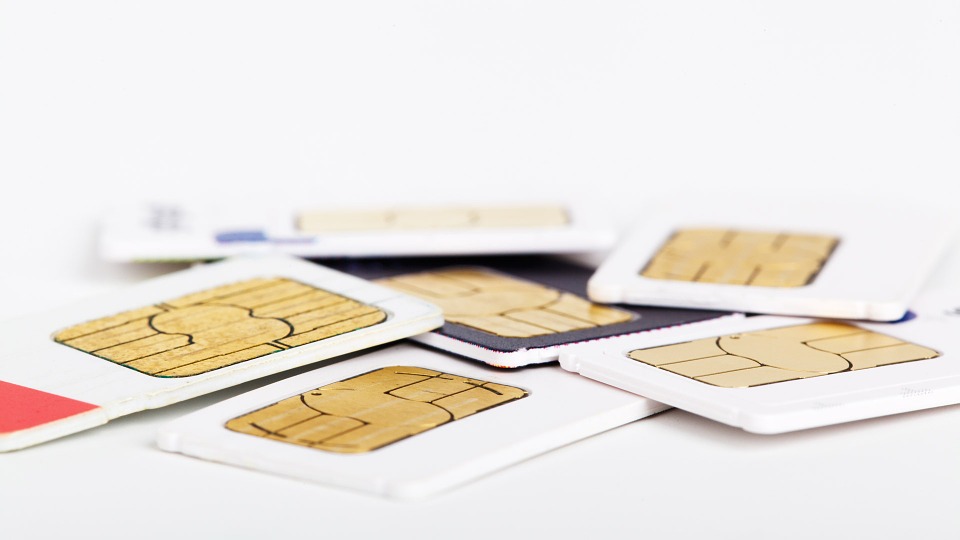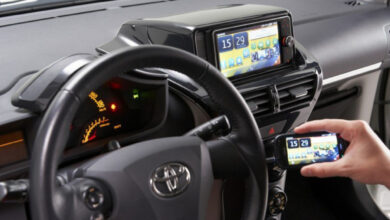
When it comes to making cheap international calls the phone card is tough to beat and is probably why it is still very popular even over and above the freephone options available today.
Why use a phone card?
It’s 2024 and we’re about to roll into 2024 which means we have endless internet-based options to choose from especially in the app space.
For example, Yabb Messenger is one of those all-in-one style apps that offers messaging, social media, file sharing, invisible private chat features AND calls. Skype offers free phone options, viber does too, etc.
But what happens if the people you are phone don’t have internet? Or you are in an area with no internet?
Those options are now obsolete.
Phone cards on the other hand offer reliable calls to both landlines and mobiles using the phone lines, remember those things we use to use back in the 90’s?
They’re also easy to purchase, the way I recommend is to grab a phone card online so you can get your information right away.
What is a phone card?

Phone cards use a phone gateway, a proxy that “tricks” your telecommunications provider into thinking that you are making a standard local call when in reality you are making an international call.
Don’t worry this is all 100% legal this industry has been around since the 80’s.
Why are phone cards so cheap?
Phone card companies purchase phone time in bulk typically from overseas providers who are able to offer much cheaper options to these companies who in turn are able to pass those savings down to their customers.
Sometimes you can get calls that are up 90% cheaper than if you were to call using your existing telco provider.
How do phone cards work?
To use phone card is easy but there are more steps involved.
Step 1: each phone card company uses local access numbers and these are typically spread throughout the country they operate from. These look like standard numbers but act more like a proxy.
Step 2: enter in your PIN. Each phone card has a unique PIN number which is attached to the balance on the account.
Step 3: dial the international number. Finally, you can dial the international number.
That is a lot of steps but you can program these steps into your mobile phone so this si 100% automated.
There are also companies that offer pinless dialling which means you don’t need to enter in your PIN every time you want to make call.
Insider Tips To Buying A Phone Card

Typically, people will stumble into a newsagent and purchase a phone card from the rack, pay for it, start using it only to find out that they are getting ripped off.
I’ve been using phone cards for years, they’re what I use when I go traveling and like any product you need to do a bit of research before making a purchase.
Now there isn’t a lot of information online about to give you a good idea on what to look out for so here’s is the biggest tip I can give you – use an online service is possible
If there are no online card companies then when you purchase one try to see if there is a customer service number you can call.
Supposing you can get a customer service rep on the phone ask these very specific questions:
What happens to my credit once my phone card expires?
In most cases any remaining credit you haver available post expiry is taken by the company. Although this is common practice, I personally prefer not to do business with companies like these.
There are companies out there that will allow you to keep your balance after expiration this will of course require that you reactivate your card.
Do you charge connection/disconnection fees?
Connection and disconnection fees occur when you make a successful call – i.e. voicemail or person.
Generally, I try to avoid these cards but there will be cards that have a connection fee but also offer much lower phone rates so if your calls are generally longer in duration 40+ minutes then these may be a good option for you.
Connection and disconnection fees very common but as I said try to opt for cards that do not have them.
What if there is a problem with my call?

This is very important because chances are at some point you are going to run into some kind of issue either technical or monetary.
Tech issues come in different flavours including:
- Highly static lines
- Echoing
- Crosslines (your call being connected to another person or hearing two different people talking at once like you are crossing over into another conversation)
Monetary
This is when you are overcharged.
This doesn’t happen that frequently and usually comes from the customer not understanding the pricing structure for their phone card.
For example:
- The customer purchases a card that is meant for phone landlines and so they call mobiles and get overcharged or vice versa.
- They didn’t see that the card had a connection fee.
- Or they thought they were phone a landline when in fact they were phone a mobile, etc.
Are there any hidden fees?
Some phone card services will have some hidden or weird fees baked into their service, you definitely want to know if they have them and if they do it’s probably a good idea to select another company.
A typically hidden fee would be a monthly admin fee, this is used to help the upkeep of your phone card. This is a 100% junk fee skip these cards.
Can you call mobiles and landlines?

For the most part phone cards can call both landlines and mobiles but they’ll typically specialize in one or the other.
Make sure that the card you are using is priced for the device that you want to call.
What is your refund policy?
Finally, you want to know how their refund policy works. Some phone card companies do not allow refunds on partially used cards, so you want to make sure that if you use the card and the call has technical issues through no fault of your own that you can get an immediate refund.
Conclusion
The best way to avoid or dramatically reduce any headaches with phone cards is to completely understand how you card works, how it is priced, and what its limitations are. To get this information the best thing I can advise is to speak to the customer service reps, this has saved me so much trouble in the past.




